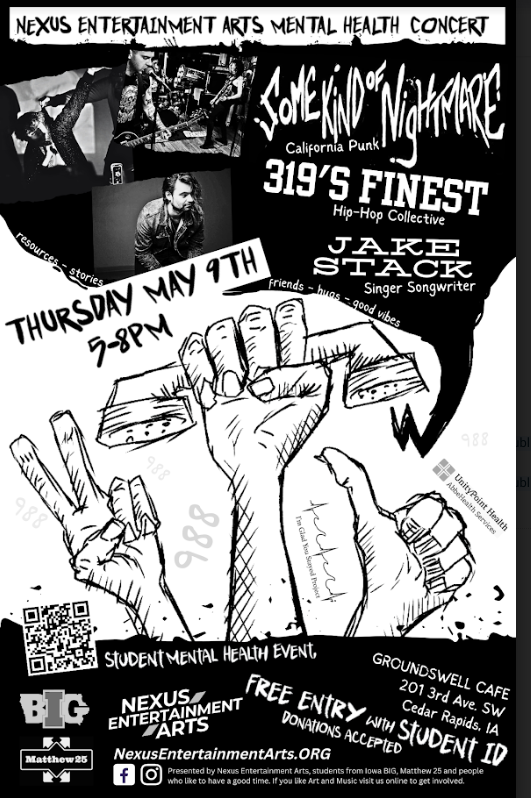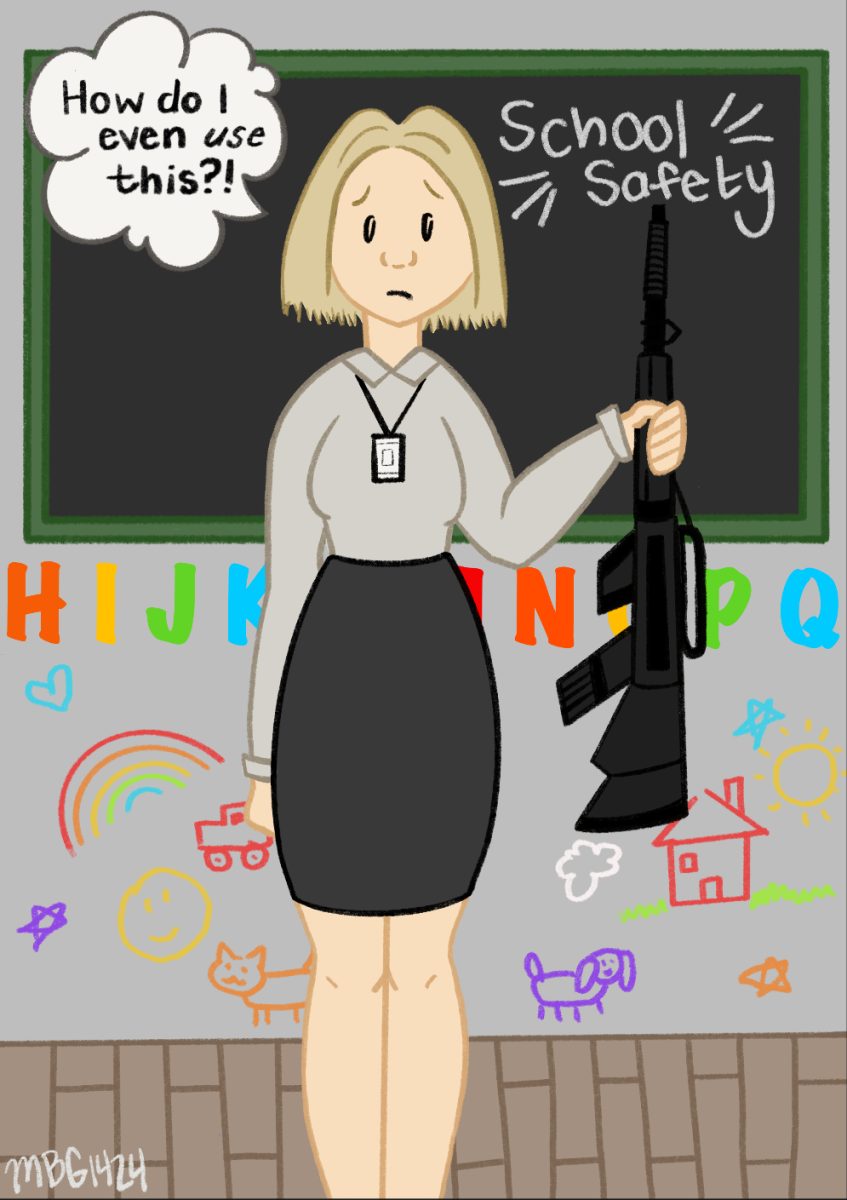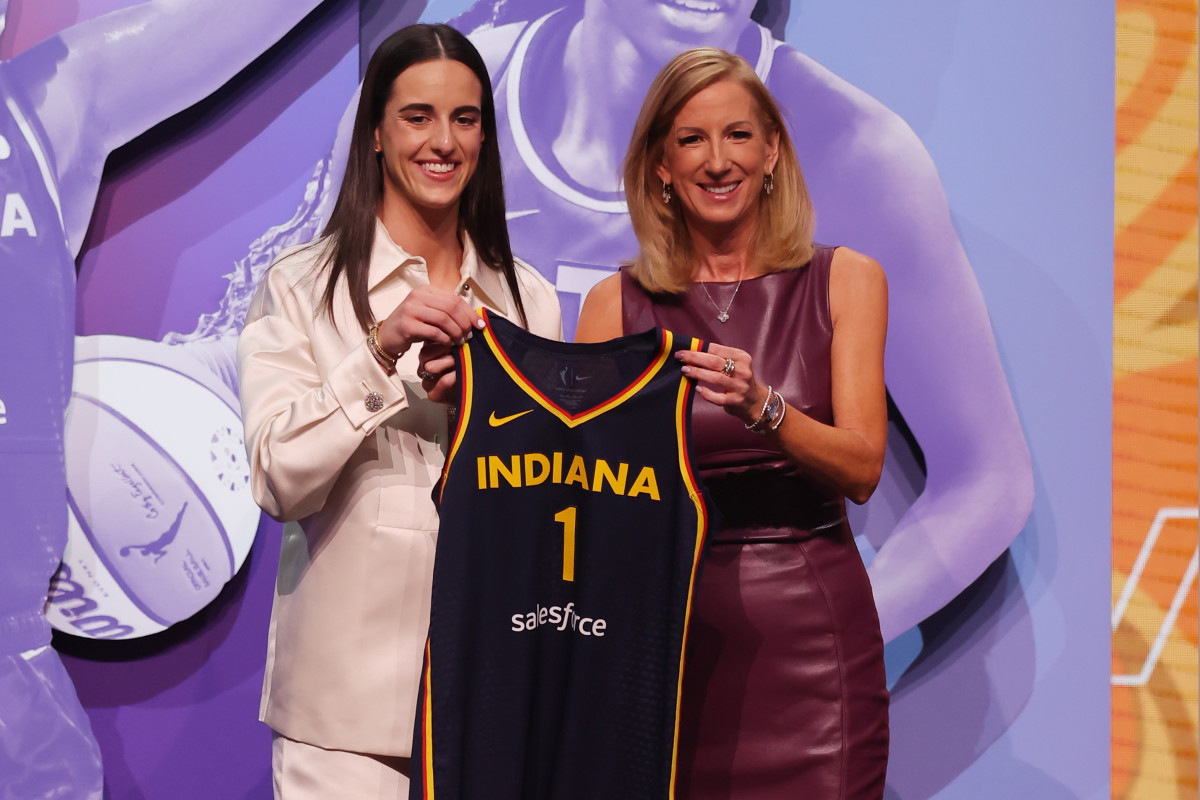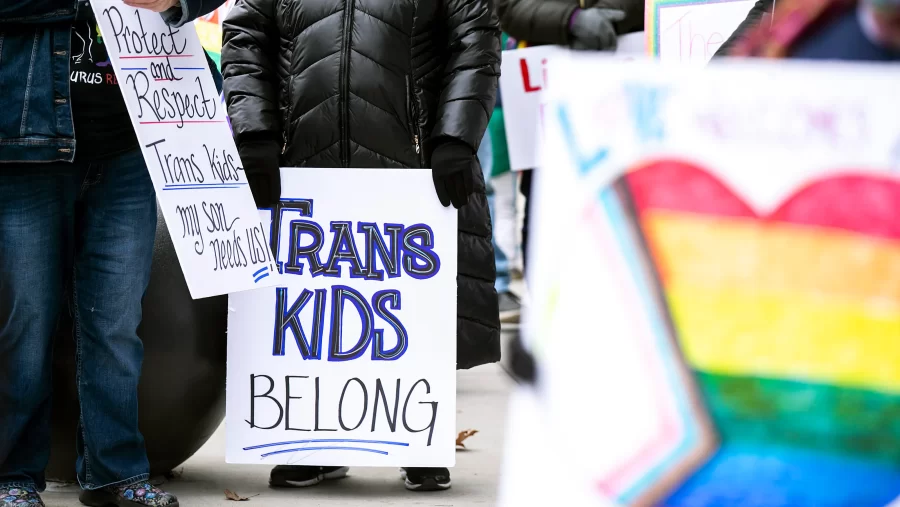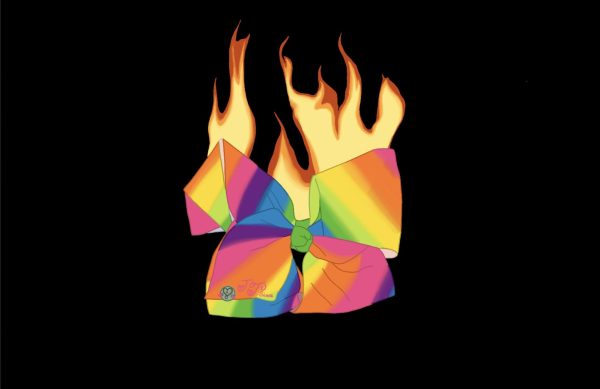“Dear Evan Hansen” Review
The recent adaptation highlighted issues teens deal with every day
Dear Evan Hansen was originally written as a Broadway Musical by Benj Pasek and Justin Paul.
Excitement coursed through my veins as I walked the theater halls toward the “Dear Evan Hansen” showing. I was ready for a narrative that brought me out of reality. Instead, I was hit with an all-too-believable story that echoes the world we live in. It used themes of anxiety, depression and social media.
“Dear Evan Hansen” is relatable to teens everywhere in the new media age. It moved the hearts of many, and sparked tears from several viewers, including myself. Evan Hansen, played by Ben Platt, is an anxious and depressed teenager who wants to be understood amid the chaos of his life. The story starts when a letter Hansen wrote as an exercise from his therapist falls into the hands of a family grieving the loss of their son to suicide. Social media plays a crucial role in Hansen’s suffering during the movie.
The movie brings up a topic people are scared to talk about: mental health issues. 2.7 million teens in the United States suffer from depression and anxiety, and 91,800 of them take medications for it.
Sophomore Lilly Marchbanks understands how teens today use medications for anxiety and depression, similar to how Hansen and Alana Beck (Amandla Stenberg) did in the movie.
“I have a lot of friends that use antidepressants … to help them get through the day,” Marchbanks said.
Similar to my own reaction, “Dear Evan Hansen” changed sophomore Alyssa Peck’s perspective on depression and mental health, by prompting her to reconsider how she views the world, and her peers. Now understanding how we all have problems and how it can play out into not only our lives but others’ too.
“It was eye-opening,” said Peck.
Almost 90% of teenagers use social media, which is proven to negatively affect mental health. According to the Child Mind Institute, people who used social media platforms for the highest amount of time had a 13-66% higher rate of reported depression than those who spent the least amount of time.
In the movie, a video of Hansen is posted on social media, and he becomes somewhat famous. This affects his self-esteem negatively and by the end of the movie, he has a complicated relationship with social media.
“I definitely think the social media aspect of the movie was realistic. Things spread like wildfire on social media,” Marchbanks said.
The movie reflected true teenage lives, and at times, it can be a bit disheartening.
[‘Dear Evan Hansen’] reminded me not to be quick to judge people who might be different from me because you don’t know what their mental life is like.
— Shayla Bissell
On the other hand, there are some parts of the movie that shone a bit brighter, like the song You Will Be Found.
“Dear Evan Hansen” is also a musical, including 14 songs, each representing a different scene in the movie, although the movie only incorporated 11. The director of the movie, Stephen Chbosky, explains why.
“…It freed us up to meet all the characters through Evan. And it binds the audience to a way in Evan that is so valuable. These were the kinds of discussions we had a lot.”
You Will Be Found was one of the favorite songs from the movie, shining a little brighter than the rest.
The chorus lyrics of You Will Be Found are, “Even when the dark comes crashing through, When you need a friend to carry you, When you’re broken on the ground, You will be found.”
The song adds positivity and hope to the movie, and creates a happier side to the narrative.
I think it has a very important message that everyone is important and everyone matters, even if it doesn’t seem that way.
— Lilly Marchbanks
For every person a different theme was taken away from the “Dear Evan Hansen” movie. It also gave some viewers a new idea of what life is like for people who are not like them. Sophomore Shayla Bissell comments how the movie impacted her.
“[‘Dear Evan Hansen’] reminded me not to be quick to judge people who might be different from me because you don’t know what their mental life is like,” Bissell said.
Marchbanks also felt the movie created a great central message, nudging me to acknowledge every person is different and to celebrate that.
“I think it has a very important message that everyone is important and everyone matters, even if it doesn’t seem that way,” Marchbanks said.
“Dear Evan Hansen” gave me a reality check. It reminded me of how hard life can be at times, but it also gave me the impression that I am not alone. Everyone struggles. No matter the problem, we share a sense of camaraderie from living in this digital age and the lifestyle that comes with it.
Overall, “Dear Evan Hansen” left an impact on a myriad of people who struggle with mental health issues while still reaching those who do not. It reminded us that we are not alone and how we never know what others are going through. It created a heart-wrenching plot that brought people in, but also gave them hope.
Your donation will support the student journalists of Kennedy High School - IA. Your contribution will go towards the purchase of a new lens for our photographers.

Hi I’m Lizzy Hawkes and this is my second year in Torch. Outside of Torch I am involved in cheerleading, show choir, and I enjoy snorkeling.



